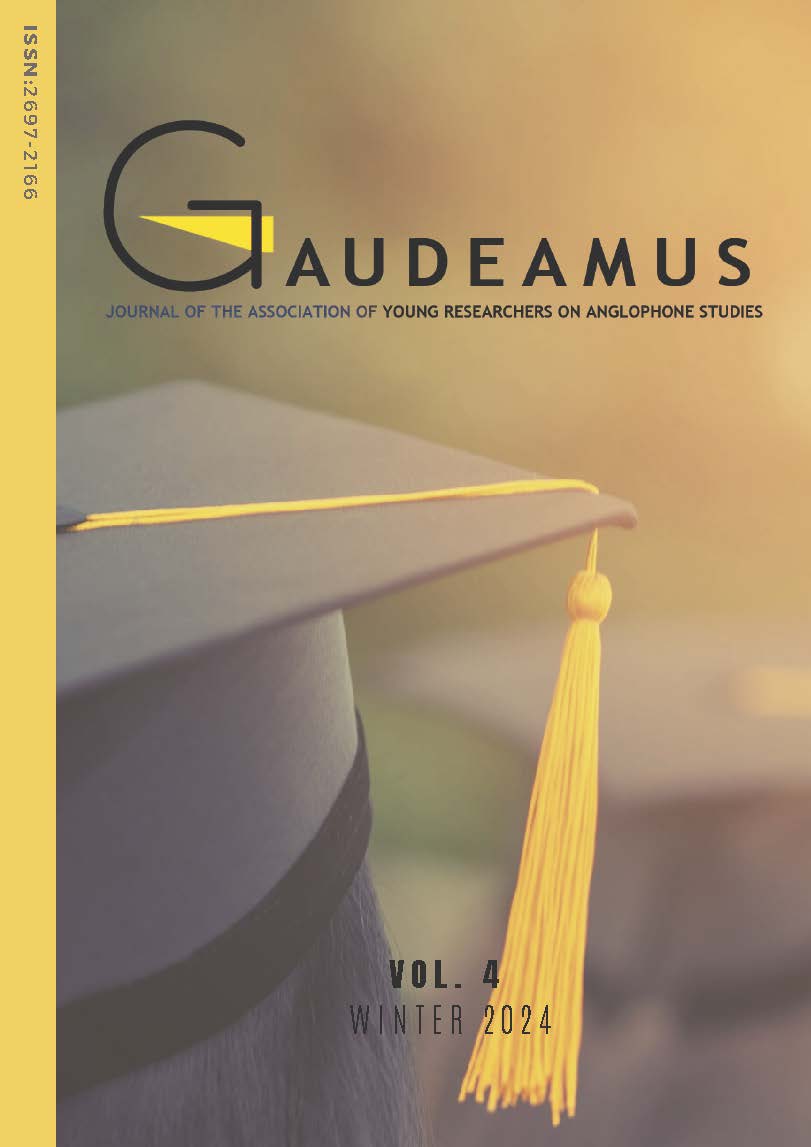Abstract
We often question how, our present would diverge if events in our past –or further behind in history– had occurred differently, leading to an altered outcome. In short, we often question: what if? That is why alternative histories – uchronias– are so appealing: they allow us to attempt to answer that question and explore some of its limitless possibilities, as well as to consider the present from a different perspective. In Pavane (1968), Keith Roberts reimagines a world in which, in 1588, the Spanish Armada succeeds in conquering Britain after the assassination of Elizabeth I, resulting in the unquestionable worldwide supremacy of the Catholic Church. From that point of divergence, the author builds up an alternative present in which the ripples of that specific alteration can be felt almost 400 years later, characterised by a feudal-based society that is politically, morally, and scientifically stagnated. Therefore, this paper aims to analyse how Roberts constructs an alternative scenario following some strategies typical of the uchronian genre. Moreover, this article seeks to examine how this alternative version of history enables him to comment on, and criticise, the influence that religious fanaticism and tyrannical power have on the different sectors of the population. Thus, the analysis will study how alternative history can be employed as an interesting tool that allows us to examine, not only our past, but our present as well.
References
Collins, William Joseph. 1990. Paths Not Taken: The Development, Structure, and Aesthetics of Alternative History. PhD Dissertation. University of California-Davis.
Cowley, Robert. 2001. “Introduction.” What If? Military Historians Imagine What Might Have Been. Ed. Robert Cowley. London: Macmillan: xi-xiv.
Csicsery-Ronay Jr., Istvan. 2003. “Science Fiction and Empire.” Science Fiction Studies, 30.2: 231-245.
Easterbrook, Neil. 2006. “Alternate Presents: The Ambivalent Historicism of ‘Pattern Recognition’.” Science Fiction Studies, 33.3: 483–504.
Fay, Brian. 2002. “Introduction: Unconventional History.” History and Theory, 41.4: 1–6.
Gevers, Nicholas. 1997. Mirrors of the Past: Versions of History in Science Fiction and Fantasy. PhD Dissertation. University of Cape Town.
Hellekson, Karen. 2000. “Toward a Taxonomy of the Alternate History Genre.” Extrapolation, 41.3: 248-256.
Kerslake, Patricia. 2007. Science Fiction and Empire. Liverpool: Liverpool UP.
Parker, Geoffrey. 2001. “The Repulse of the English Fireships: The Spanish Armada Triumphs, August 8, 1588.” What If? Military Historians Imagine What Might Have Been. Ed. Robert Cowley. London: Macmillan: 141-154.
Ransom, Amy. 2010. “Warping Time: Alternate History, Historical Fantasy, and the Postmodern uchronie quebecoise.” Extrapolation, 51.2: 258-280.
Roberts, Keith. 2000. Pavane. London: Millenium.
Roberts, Scott L. 2011. “Using Counterfactual History to Enhance Students’ Historical Understanding.” The Social Studies, 102.3: 117-123.
Rodwell, Grant. 2013. Whose History?: Engaging History Students through Historical Fiction. Adelaide: University of Adelaide Press.
Rosenfeld, Gavriel. 2002. “Why Do We Ask ‘What If?’ Reflections on the Function of Alternate History.” History and Theory, 41.4: 90-103.
Schneider-Mayerson, Matthew. 2009. “What Almost Was: The Politics of the Contemporary Alternate History Novel.” American Studies, 50.3: 63-83.
Singles, Kathleen. 2013. Alternate History: Playing with Contingency and Necessity. Berlin: Walter de Gruyter.
Suvin, Darko. 1979. Metamorphoses of Science Fiction. New Haven: Yale UP.
———. 1983. “Victorian Science Fiction, 1871-85: The Rise of the Alternative History Sub-Genre.” Science Fiction Studies, 10.2: 148-169.
Winthrop‐Young, Geoffrey. 2006. “The Third Reich in Alternate History: Aspects of a Genre‐Specific Depiction of Nazi Culture.” The Journal of Popular Culture, 39.5: 878-896.

